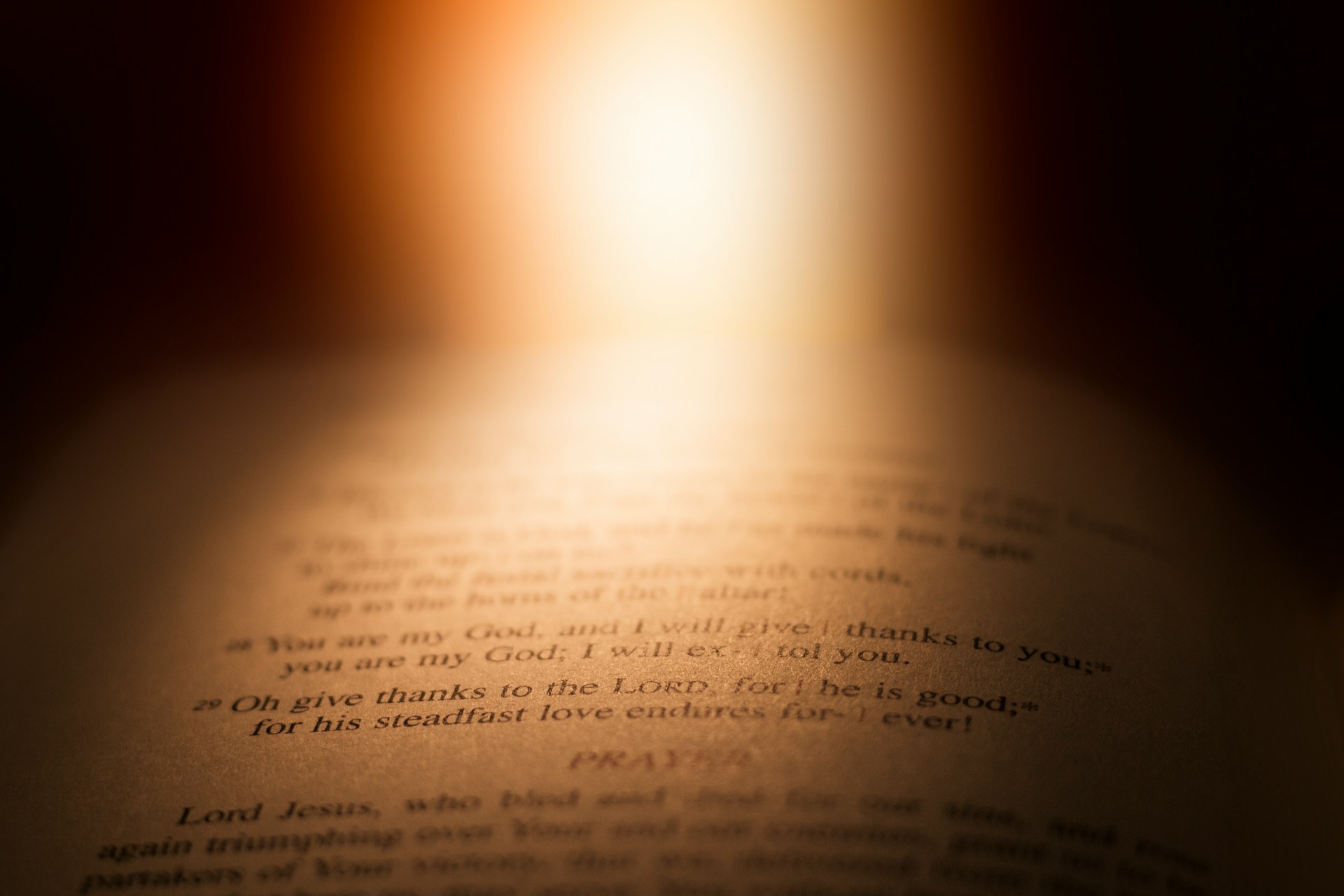Marie
Hesed
Psalm 118.1-9, 29
O give thanks to the Lord, for he is good;
his steadfast love endures forever!
Let Israel say,
“His steadfast love endures forever.”
Let the house of Aaron say,
“His steadfast love endures forever.”
Let those who fear the Lord say,
“His steadfast love endures forever.”
Out of my distress I called on the Lord;
the Lord answered me and set me in a broad place.
With the Lord on my side I do not fear.
What can mortals do to me?
The Lord is on my side to help me;
I shall look in triumph on those who hate me.
It is better to take refuge in the Lord
than to put confidence in mortals.
It is better to take refuge in the Lord
than to put confidence in princes.
O give thanks to the Lord, for he is good,
for his steadfast love endures forever.
Reflect
In the Bible study last week, we looked at fear and how that can become, for us, an invitation to a deeper trust in God. The Psalmist says, with confidence, “With the LORD on my side, I do not fear,” and why is that? What is the promise or attribute of God that was linked to this experience of confidence in the midst of danger and the valid fear that accompanies real peril?
It was the mighty presence of God and God’s ‘hesed’. This is a word that has no easy English equivalent. Darrell L. Bock, a Bible commentator explains the meaning of the Hebrew word this way,
“Hesed is wrapping up in itself all the positive attributes of God — love, covenant faithfulness, mercy, grace, kindness, loyalty–in short, acts of devotion and loving-kindness that go beyond the requirements of duty.”
How did the writer come to this place of confidence in God’s unfailing love and mercy? I suspect there are at least two factors at work here. First, this Psalm not only begins and ends with an affirmation of God’s goodness and mercy, the refrain, “his steadfast love (hesed) endures forever,” is repeated over and over. The Psalmist looks back on personal experience and the history of the people of Israel and sees over and over, God’s love and protection and care in action. This is one of the reasons I journal from time to time — sometimes I need to read my own history to remember.
But the Psalmist did not just rehearse God’s work in the past as a solitary individual. This song was sung several times a year at festivals that celebrated God’s liberation of his people from slavery (Passover), his care for them through the wilderness (Succoth), and in thanksgiving for the abundance of harvests. Sometimes we need to join in worship with others, singing songs of praise, and allowing their voices to carry our quavering notes along until we can sing again with full voice.
Fighting our fears alone is a losing battle for the most part — the more attention we pay to them, the bigger they loom. Yet, if we will acknowledge them, and then turn our attention to the character of the One who has promised to be ‘on our side’, often the fears will begin to melt, for, ‘what can mortals (really!) do to me?’ Their assaults on our spirit and bodies may be severe, no question, but we are not alone in those struggles. The One whose goodness and mercy endures forever promises to be with us, to bring us from a place of suffering, through the deserts of our lives to ‘a broad place’ — a wide open place. Our worship reminds us of that, our community carries us when our fears cripple us.
On that Saturday of darkness, when Jesus lay in his tomb and the hopes of those he loved were crucified with him, it may help to know that it is likely that the last song sung by Jesus and disciples as they ate that “Last Supper” together, was this very Psalm.
I wonder if the words felt like a mockery to Jesus’ friends as they huddled in fear that day?
I wonder if Jesus repeated these words over and over again as he stumbled along the Via Dolorosa, with the weight of his cross and our sin pressing down on his lacerated back?
We don’t know. What we do know is this; mortals could spit on on our Lord, and revile him and beat him and desert him and crucify him. And for a time he could even be grasped by death. But the ‘hesed‘ of God could not be defeated in him, and because it was powerful enough to raise him, it is powerful enough to bring us to new life and sustain us in grace. We need not fear.
Do
Sometimes we need to open our eyes and recognise that the Lord has brought us to a ‘broad place’ — a loving church community. Spend a moment thinking about FAB Church, its leaders, guests, and members, and give thanks for all the love and support they have provided.
Pray
Holy God
I give you thanks for you are good
and your steadfast love endures forever!
When I called on your name
you brought me to FAB Church,
a community of love, who through the Spirit,
carries me and supports me in my darkest hour.
Lord, I give you thanks for you are good
and your steadfast love endures forever!
Amen.
Think
Had you ever heard of the Hebrew word ‘hesed’ — God’s all encompassing love — before? How is hesed love different from other forms of love?








 and then
and then
Delete Reply
Are you sure you want to delete this Reply?
Thanks for this Marie... I like this idea of Hesed... the all-encompassing love, goodness, and safety of God.
I'm reminded of a line from the Delirious song Obsession — "You wrap around me like a winter coat." Hesed. x